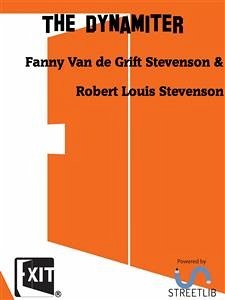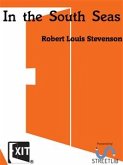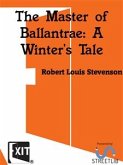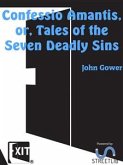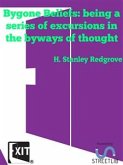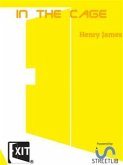TO
MESSRS. COLE AND COX,
police officers
Gentlemen,—In the volume now in your hands, the authors have touched upon that ugly devil of crime, with which it is your glory to have contended. It were a waste of ink to do so in a serious spirit. Let us dedicate our horror to acts of a more mingled strain, where crime preserves some features of nobility, and where reason and humanity can still relish the temptation. Horror, in this case, is due to Mr. Parnell: he sits before posterity silent, Mr. Forster’s appeal echoing down the ages. Horror is due to ourselves, in that we have so long coquetted with political crime; not seriously weighing, not acutely following it from cause to consequence; but with a generous, unfounded heat of sentiment, like the schoolboy with the penny tale, applauding what was specious. When it touched ourselves (truly in a vile shape), we proved false to the imaginations; discovered, in a clap, that crime was no less cruel and no less ugly under sounding names; and recoiled from our false deities.
But seriousness comes most in place when we are to speak of our defenders. Whoever be in the right in this great and confused war of politics; whatever elements of greed, whatever traits of the bully, dishonour both parties in this inhuman contest;—your side, your part, is at least pure of doubt. Yours is the side of the child, of the breeding woman, of individual pity and public trust. If our society were the mere kingdom of the devil (as indeed it wears some of his colours) it yet embraces many precious elements and many innocent persons whom it is a glory to defend. Courage and devotion, so common in the ranks of the police, so little recognised, so meagrely rewarded, have at length found their commemoration in an historical act. History, which will represent Mr. Parnell sitting silent under the appeal of Mr. Forster, and Gordon setting forth upon his tragic enterprise, will not forget Mr. Cole carrying the dynamite in his defenceless hands, nor Mr. Cox coming coolly to his aid.
ROBERT LOUIS STEVENSON
MESSRS. COLE AND COX,
police officers
Gentlemen,—In the volume now in your hands, the authors have touched upon that ugly devil of crime, with which it is your glory to have contended. It were a waste of ink to do so in a serious spirit. Let us dedicate our horror to acts of a more mingled strain, where crime preserves some features of nobility, and where reason and humanity can still relish the temptation. Horror, in this case, is due to Mr. Parnell: he sits before posterity silent, Mr. Forster’s appeal echoing down the ages. Horror is due to ourselves, in that we have so long coquetted with political crime; not seriously weighing, not acutely following it from cause to consequence; but with a generous, unfounded heat of sentiment, like the schoolboy with the penny tale, applauding what was specious. When it touched ourselves (truly in a vile shape), we proved false to the imaginations; discovered, in a clap, that crime was no less cruel and no less ugly under sounding names; and recoiled from our false deities.
But seriousness comes most in place when we are to speak of our defenders. Whoever be in the right in this great and confused war of politics; whatever elements of greed, whatever traits of the bully, dishonour both parties in this inhuman contest;—your side, your part, is at least pure of doubt. Yours is the side of the child, of the breeding woman, of individual pity and public trust. If our society were the mere kingdom of the devil (as indeed it wears some of his colours) it yet embraces many precious elements and many innocent persons whom it is a glory to defend. Courage and devotion, so common in the ranks of the police, so little recognised, so meagrely rewarded, have at length found their commemoration in an historical act. History, which will represent Mr. Parnell sitting silent under the appeal of Mr. Forster, and Gordon setting forth upon his tragic enterprise, will not forget Mr. Cole carrying the dynamite in his defenceless hands, nor Mr. Cox coming coolly to his aid.
ROBERT LOUIS STEVENSON

